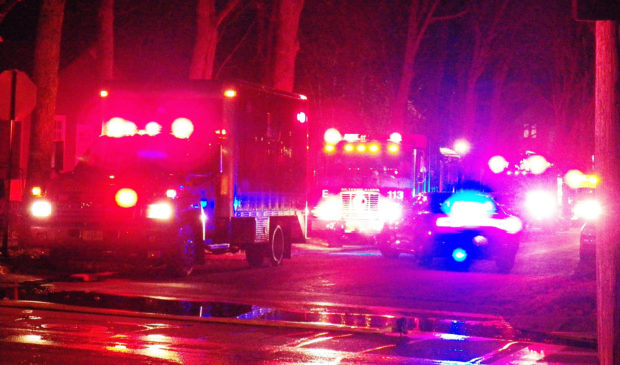Public Safety Commission recommends increased funding for mental health first responder program
Thursday, August 8, 2019 by
Jessi Devenyns The Austin Police Department is working to revamp its tactics when handling calls related to individuals experiencing a mental health crisis. Fulfilling that goal starts with training officers so they are equipped to help in these tense situations.
Public Safety Commissioner Chris Harris pointed out at the Aug. 5 meeting of the commission that even with the training APD officers receive, when people experiencing a mental health crisis encounter police, the officers are not always prepared to handle these situations effectively. As a result, “We’ve had a stream of pretty high-profile deaths,” he said.
According to a report released last year by the Office of the City Auditor, of the 15 most populated cities in the U.S., APD has the “highest per capita rate of fatal police shootings involving persons believed to be experiencing a mental health crisis.”
To help mitigate escalations in violence when officers respond to a call involving an individual in a mental health crisis, the Public Safety Commission unanimously recommended that City Council prioritize funding for improvements in APD first response systems. Those improvements include better preparation at 911 dispatch centers to identify mental health calls, funding additional mental health clinicians to work with the police and expanding programs for mental health response training for officers.
B.J. Wagner, a mental health policy expert from the Meadows Mental Health Policy Institute, provided the city with a comprehensive study of APD’s mental health performance. She told commissioners that to adequately allow the Austin police force to tackle the issues surrounding mental health response, the department will require $2.8 million in personnel and program funding for two years and then $2 million going forward. A portion of this funding will go toward overtime in order to train all officers to respond appropriately to crisis calls.
All APD cadets currently receive 40 hours of mental health training. After serving on the force for two years, APD officers can volunteer to become certified as part of the Crisis Intervention Team, where they receive 40 hours of additional training before they are put on the streets and certified to handle mental health crises. According to the city auditor’s report, while this training meets Texas Commission on Law Enforcement requirements, Austin officers do not receive refresher training on crisis intervention or de-escalation.
Lieutenant Dustin Lee, an officer with the APD Crisis Intervention Team, told the commissioners that when it comes to officers trained to respond to mental health crisis calls, “we can always use more availability.”
Research from the Meadows institute shows that from 2016-18, APD received an average of 10,600 calls per year. The majority of the calls occur between the hours of 4 p.m. and midnight when trained mental health professionals from Integral Care’s Expanded Mobile Crisis Outreach Team – which provides assistance to APD officers responding in these situations – are off duty. As a result, Wagner said, “your first responders are left with little help.”
In contrast, the Meadows report found that EMS receives only 4,000 calls per year for mental health, although in many cases medical attention is needed for these calls.
“There is a strong need for this to be considered a medical issue rather than a public safety issue,” Selena Xie, a representative with the EMS union, told the commission.
Wagner expressed the same sentiments. She explained that mental health crisis calls need to receive responses with an integrative approach that includes routing individuals to the proper care channels to help keep them stabilized and receiving proper care for the long term. “911 should not be the primary provider of your mental health services,” she said.
Commissioners Rebecca Webber and Rebecca Gonzales were absent from the discussion.
This story has been changed since publication to fix a typo.
The Austin Monitor’s work is made possible by donations from the community. Though our reporting covers donors from time to time, we are careful to keep business and editorial efforts separate while maintaining transparency. A complete list of donors is available here, and our code of ethics is explained here.
You're a community leader
And we’re honored you look to us for serious, in-depth news. You know a strong community needs local and dedicated watchdog reporting. We’re here for you and that won’t change. Now will you take the powerful next step and support our nonprofit news organization?






